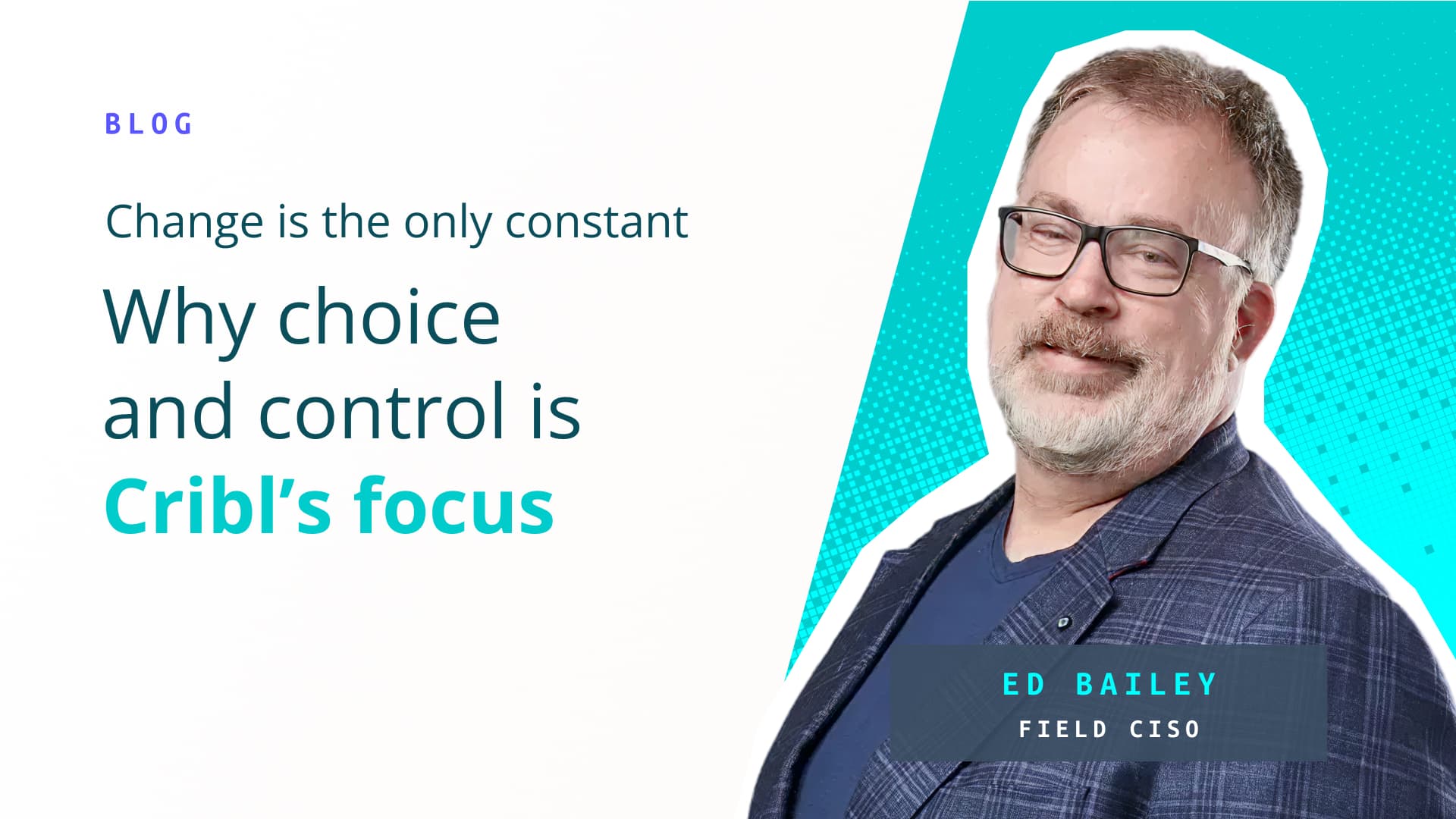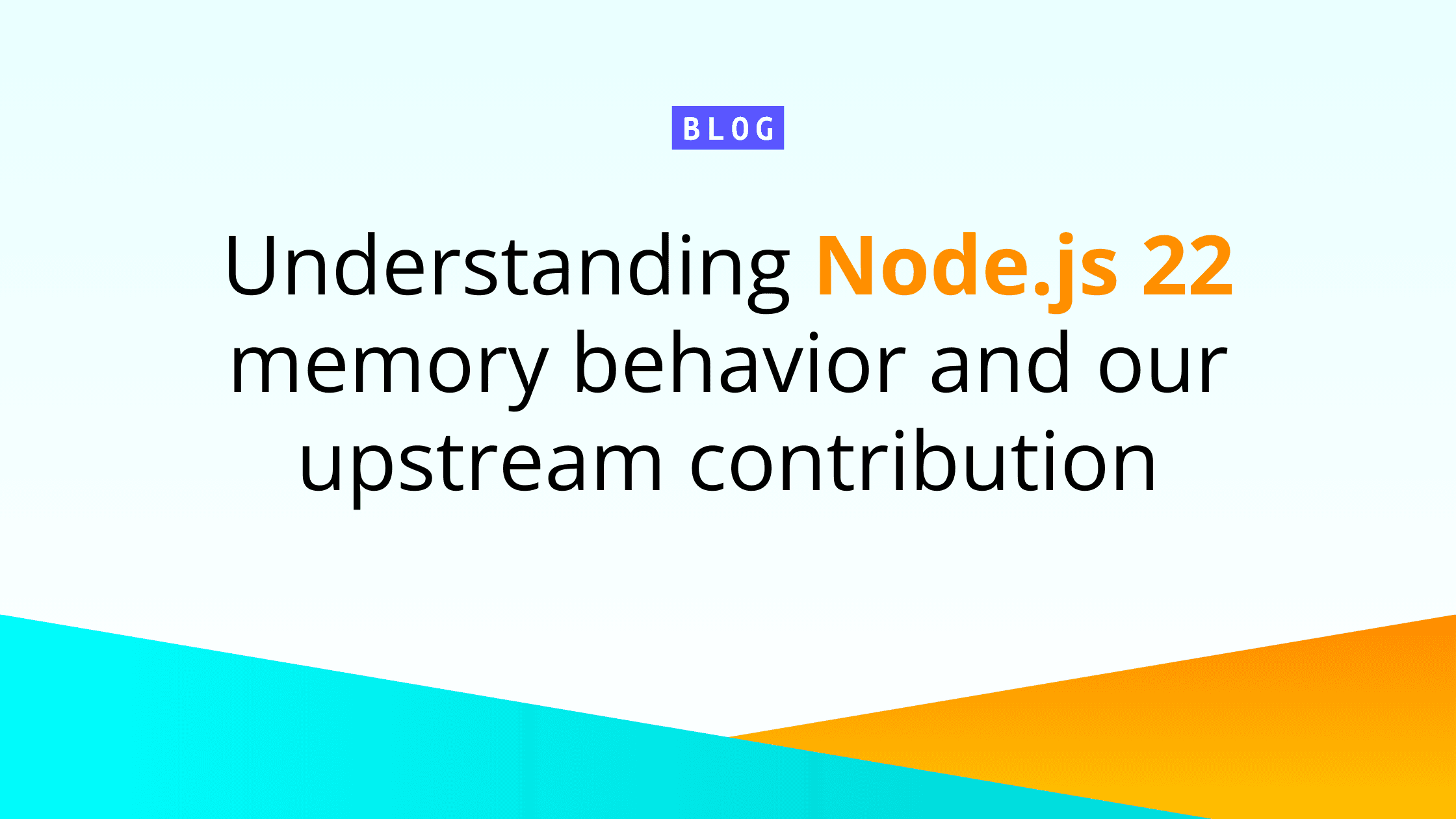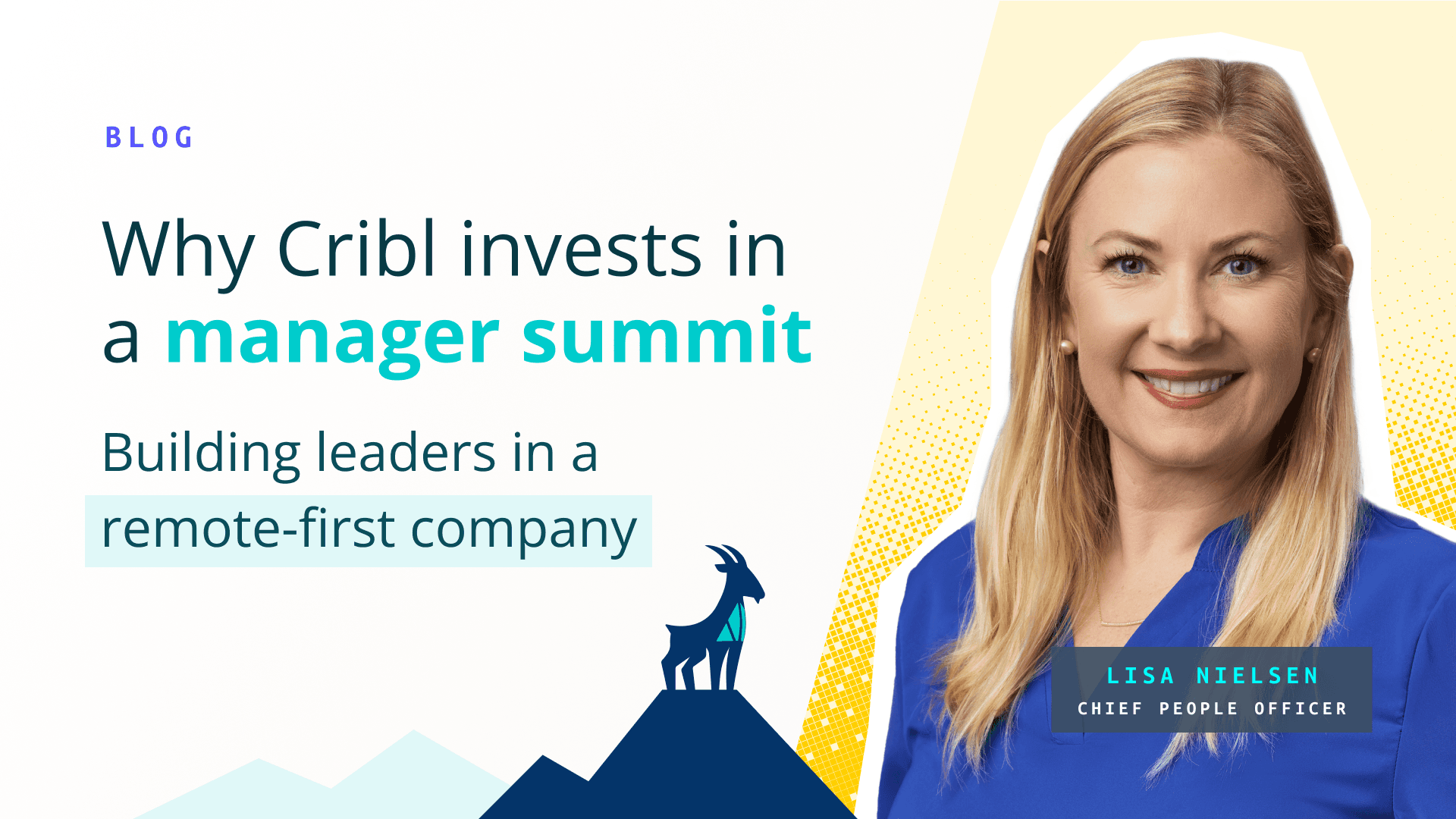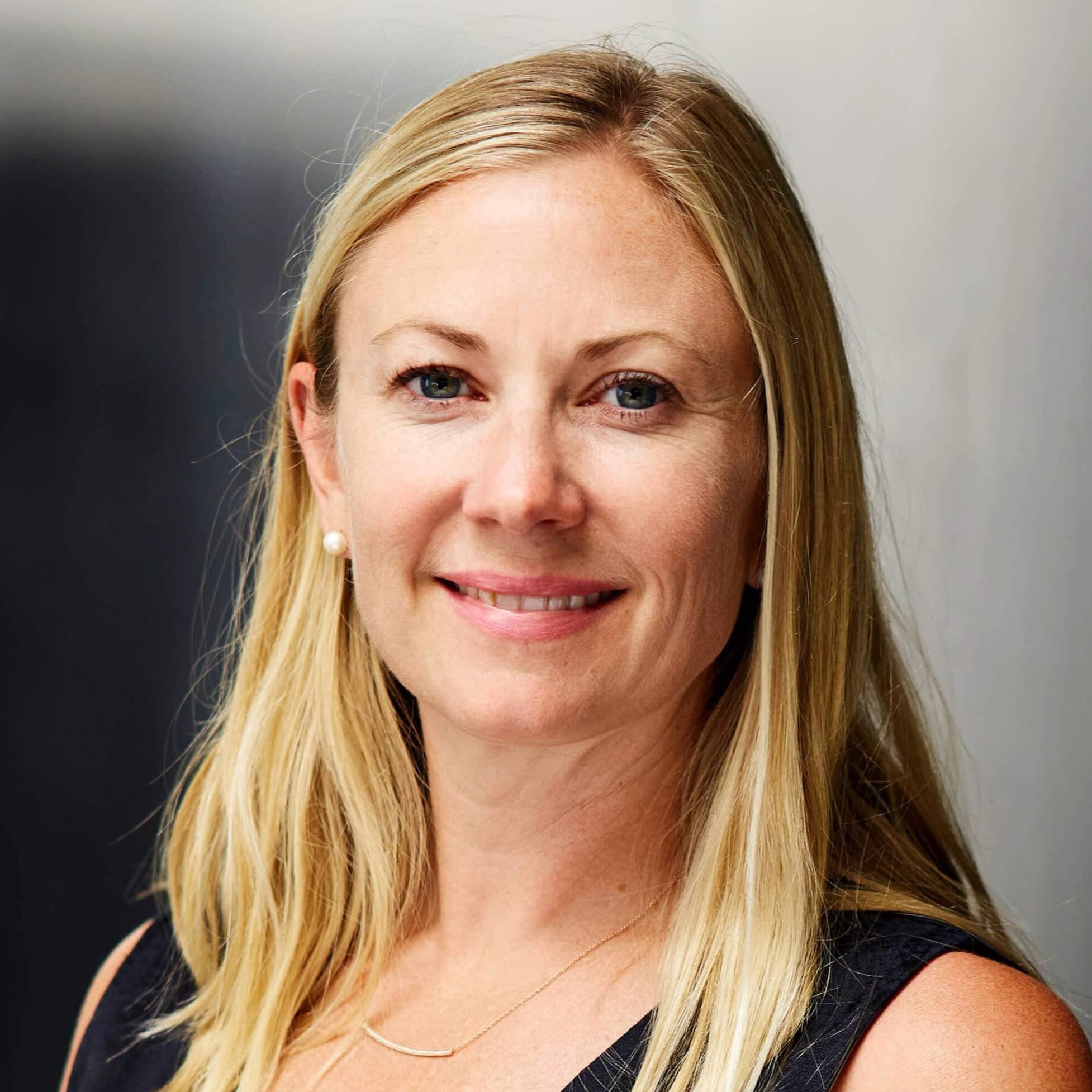In the last five years, Cribl has gone from 3 employees to more than 400 employees — it’s been an incredible, crazy, difficult, tiring, fucking awesome ride. It’s also been an emotional roller coaster with all the ups and downs, but despite all the challenges, things have been trending upwards.
From Organized Chaos To Building A Process
The biggest change was going from being super agile, when it was just the three or four of us in the beginning, to now, where we’re running things almost like a public company. The more we grew, the more we realized the need for some process — nothing excessive, and not just for the sake of having something in place, but more for the sake of helping us move towards our objective.
We went from operating with almost zero processes, iterating as quickly as we possibly could, to implementing all sorts of procedures that we couldn’t have been more firmly against at the beginning. I was always of the mentality that these were just arbitrary corporate boxes to check off, which just add overhead or slow you down. But as you grow, it’s incredible how fast you actually encounter the need for a shared way of doing things.
When you’re starting out with only a handful of people, you can sit at the same table every day, have a shared context, and everybody knows what everybody else is doing. You can even guess, with pretty good accuracy, what everyone is likely to wear the next day. At that point, there’s no need to have any procedure or rules for doing certain things.
But now that we have eight or nine departments, with their own leaders and multiple layers of management, things change and you realize you need to have some guidelines — primarily to keep your sanity, but also to keep everybody on the same page. It’s been a pleasant surprise to find that setting things up this way has actually helped us, as opposed to hindering us, in moving forward — and moving forward quickly. We make sure to watch out for taking this kind of thing overboard, but overall, it’s probably the best thing that we’ve done since our days as a three-person operation.
How Building Shared Values Minimized Assholery
As we were talking to people in the early days, to get some advice about how we were going to go about running a company, one of the things we kept hearing about was culture and values. We had an idea in our heads of how we wanted to do things, but I don’t think we had any list of values written down until there were 12 or 13 of us. Since then, we’ve found that having them in front of you daily, and repeating them often,helps to promote that focus that you need to execute and move towards your objectives.
Our values at this point are a lot more concrete: putting the customer first, always; being irreverent but serious; being curious; being transparent, and always working together. Every person who joins the company infuses the culture with their perspective, and you want to be inclusive of those points of view and interactions, but the values you come up with together as a company should be common to everyone. These five core values define how our employees interface with each other, and they’ve become a common language for our team.
We are inclusive of everyone at Cribl, except for assholes. Our values were designed to keep us focused on our goals, and keep us able to effectively communicate with our coworkers and customers. But a happy accident that also came out of defining them was that we ended up hiring a bunch of people who we would be happy to grab a beer with after work or even connect for impromptu video meetings to chat. We expect that our values will continue to evolve over time — but maybe we can use this wonderful lack of assholery as a barometer for evaluating any new values that we consider in the future.
Growing as Individuals, as a Company, and Together as a Team
Since our founding in 2017, we’ve gone from doing everything ourselves to learning how to lead groups of people toward our common goals. We are continuously trying to refine our processes and embody our values so that we lead by example and continue fostering the culture that we and our employees have loved from the beginning.
Another benefit that we’ve found is that we’ve had the opportunity to interface with people from a variety of backgrounds, which is nothing short of remarkable. Learning from them, and growing together along the way, has added up to one of the most rewarding experiences of this ride we’re on.
Our team has grown a lot in the last few years, and we are looking to continue that trend. If you are interested in joining Cribl, and being a part of a group of people who value their coworkers and customers — while being curious, transparent, and irreverent, but also serious — then look at our current openings and see if there is a fit.







